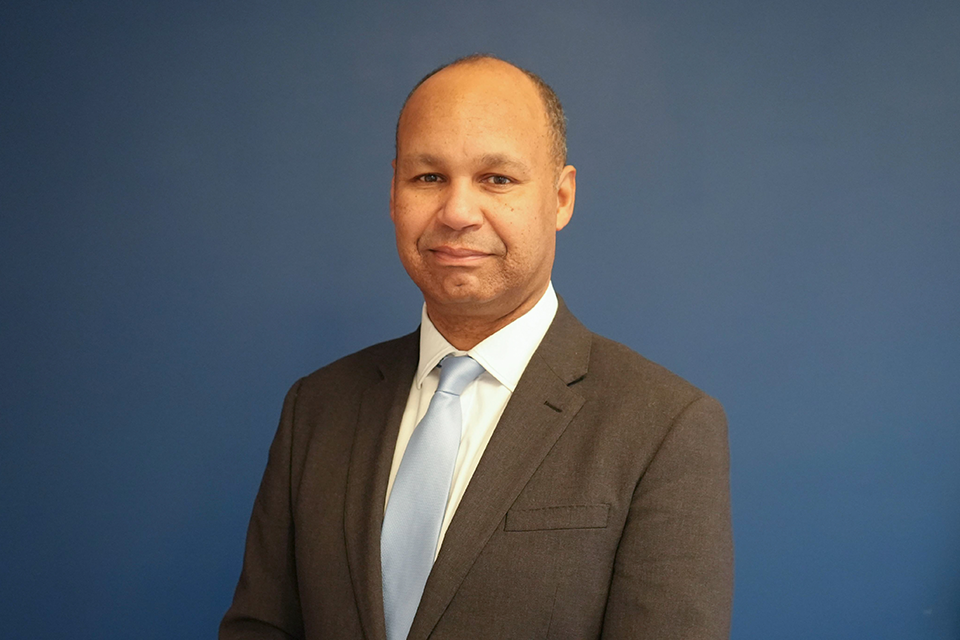Upholding a universal, holistic approach to international tax cooperation: UK statement at UN Second Committee
UK statement on Tax delivered at UN Second Committee

Thank you, Madam Chair,
We would like to thank Oche Agbo of Nigeria for his work facilitating this resolution, and Hashim Abubakar of Nigeria for proposing it on behalf of the Africa Group.
In 2015, the Addis Ababa Action Agenda recognised international tax cooperation as a vital component of Financing For Development.
The UK strongly supports developing countries’ efforts to scale-up domestic resource mobilisation to finance sustainable development.
We are funding peer-to-peer capacity-building for revenue authorities in African countries including Ghana and Rwanda; contributing to the UNDP/OECD Tax Inspectors Without Borders initiative; and currently chair the OECD Forum on Tax Administration’s Capacity Building Network.
We are also committed to building a fairer international tax system for all, including developing countries.
We champion this work through the Organisation for Economic Cooperation and Development (OECD), which uniquely has the technical expertise and political support to advance this agenda effectively.
Together, we have made significant progress. The Global Forum on Tax Transparency, the Inclusive Framework on Base Erosion and Profit Shifting, and the OECD’s Two-Pillar Solution are strengthening our collective ability to address tax evasion and avoidance, combat harmful tax practices, and tackle evolving challenges posed by digitalisation.
We have worked strenuously to ensure these initiatives uphold the commitment at Addis that international tax cooperation be “universal in approach and scope and should fully take into account the different needs and capacities of all countries”.
The OECD-housed initiatives are open to all. OECD and non-OECD members participate in these fora on an equal footing. The UK supports efforts to strengthen inclusivity and the voice of developing countries in these mechanisms still further.
We do acknowledge that developing countries have concerns, including regarding capacity and inclusion, and will want to ensure that this work delivers benefits for them.
So we understand the Africa Group’s desire to address this at Second Committee.
We voted in favour of the amendments proposed by the United States because the language in OP2 prejudges new initiatives at the United Nations, which could duplicate and potentially undermine existing OECD work at a crucial point in implementation of the Two-Pillar Solution.
Nevertheless, we are pleased to join consensus and look forward to the Secretary-General’s report and contributing to its drafting.
Instead of recommending new, potentially duplicative work, we hope the report will focus on recommendations for strengthening the OECD-housed initiatives so that they meet the ambition of Addis and ensure the benefit to developing countries is maximised.
The G20/OECD Roadmap on Developing Countries and International Tax, endorsed by G20 Leaders last week, should be a primary reference. This sets out clear recommendations, such as increasing provision of capacity-building, reform of country-by-country reporting, and increasing developing countries’ voice in negotiations. The UK fully supports these recommendations and is working to implement them.
Thank you